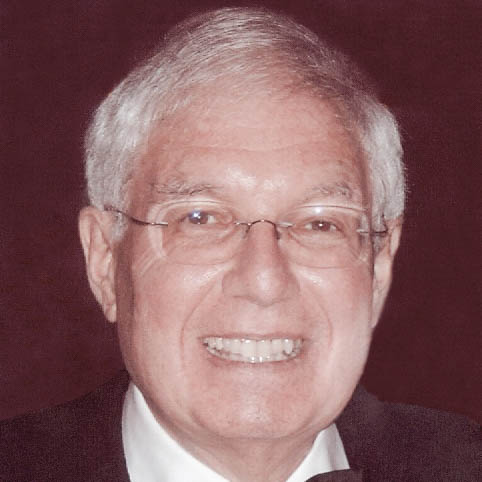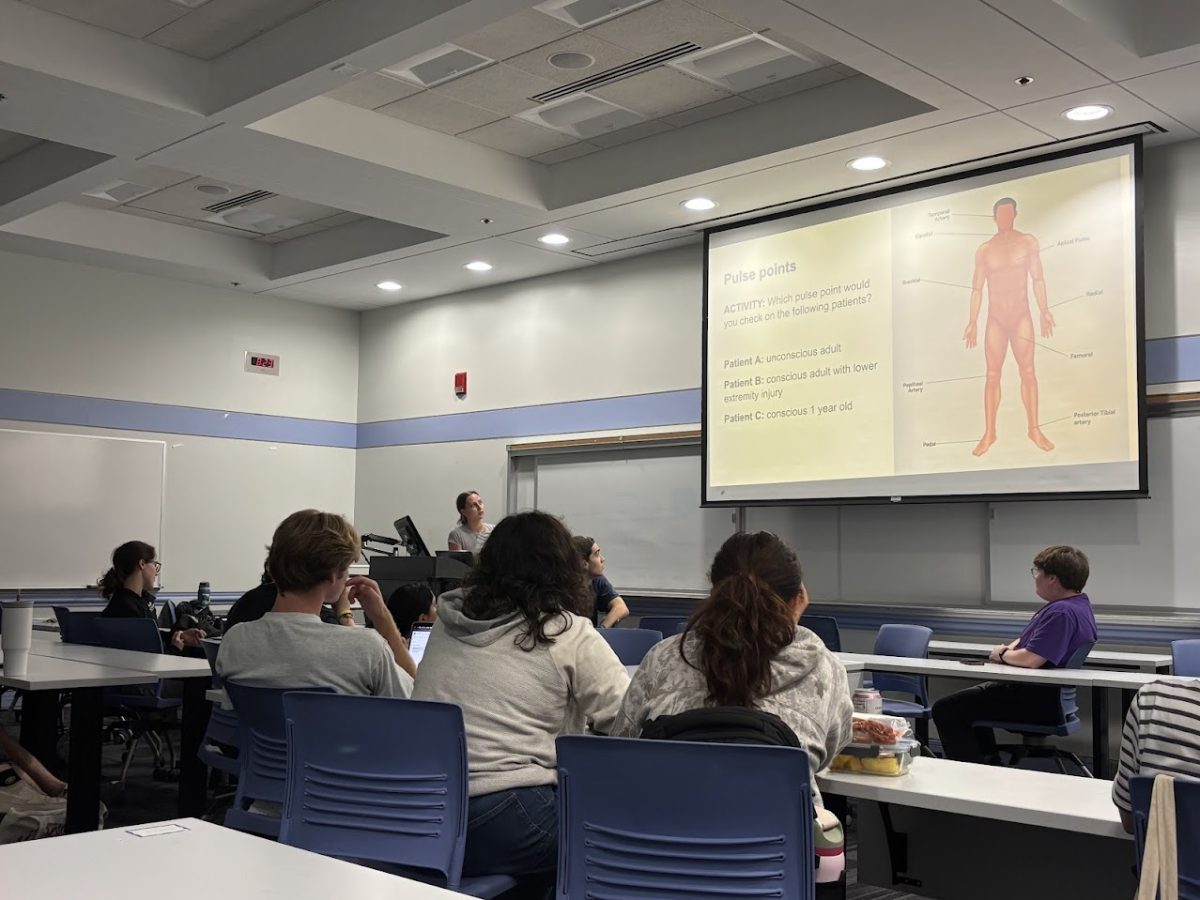In 1963, Ronald Kessler was an editor of Clark University’s student newspaper, The Scarlet.
One article inadvertently led to a 60-year career in journalism and becoming a New York Times best-selling author.
Kessler enrolled in Clark in 1962 and signed up for The Scarlet as quickly as possible.
He had worked on the Belmont High School Newspaper and wanted to continue journalism. He was co-news editor, then co-features editor, and then co-associate editor. During his time with The Scarlet, he delivered the copy to the printer once a week.
Kessler said, “I would take care of the printing process and bring the copy to the printer at midnight on my BMW motorcycle.”
He did not always want to be a journalist. However, he changed his mind after investigating housing discrimination in the area surrounding Clark. The article “N-word Discrimination in Housing Found to be Common Near Clark“ led to Kessler’s subsequent career in journalism.
The Article
The seed for a story was planted after Kessler heard from a civil rights activist that landlords surrounding Clark were not allowing people of color to rent properties. This sparked Kessler’s interest, and he began investigating.
Kessler and a team of student investigators began calling landlords who were advertising apartments for rent. The team uncovered evidence of racial discrimination. Ten of the 26 landlords consulted refused to rent to people of color. In addition to these 10 cases, 11 other cases of discrimination in apartment rentals were brought to the attention of The Scarlet.
The editors of The Scarlet decided to remove Kessler and his co-news editor, Charles-Joseph Kovacs. They were fired “on the grounds that they lacked qualifications to become editors-in-chief in January.” said an article clipping from The Telegram on October 15, 1963.
“I don’t think these editors were prejudiced, but rather, they were jealous of the attention I was getting as the editor because I was doing a lot of crusade stories and stirring up things on campus. I think they just resented the attention I was getting. That’s my guess, but I obviously don’t know, ” Kessler said in a recent interview.
Eventually, The Worcester Telegram picked up Kessler’s article, which appeared on page one in the city section of the paper, on Oct 5, 1963, leading to an investigation by the Massachusetts Commission Against Discrimination.
The local chapter of NAACP took notice, inviting Kessler to speak with them. Kessler said, “It was glorious to be able to uncover factual information that led to this investigation by the Massachusetts Commission against discrimination and the publicity which alerted people ‘you better not discriminate or you could face consequences.’”
The Telegram wrote three articles relating to landlord discrimination in five weeks.
Many Letters to The Editor were written during this time about Kessler’s article and the removal from the editorial board.
“…How his writing could possibly have led the editorial board to vote Mr. Kessler’s expulsion is beyond my comprehension. If Scarlet’s editors have a sense of responsibility to a society is beyond my comprehension. If Scarlet’s editors have a sense of responsibility to a society that needs men who think and write like Ronald Kessler, it will restore him to their staff with an appropriate apology,” said Robert W. Baker, the associate professor of psychology. Baker also compared Kesslers writing to a New York Times article. Baker also wrote,
Kessler still remembers the support of this professor today. A month after being removed as editors, Kessler and Kovacs were reinstated as co-feature editors on Nov 7, 1963. The Telegram wrote a piece reporting that the editors were reinstated.
Reflecting on this early experience, Kessler said, “All of that was miraculous to me, to get results, and that’s what I’ve been doing ever since.”
His Career
The article’s impact launched Kessler’s career. His writing provided connections and introduced him to influential figures, including Joe Aboody, a Worcester restaurant owner.
Aboody introduced Kessler to a columnist at The Worcester Telegram, and soon after, Kessler secured a part-time reporting job. After finishing his sophomore year in 1964, Kessler dropped out of Clark and went to a full-time position at The Telegram. He spent the next six months reporting in different counties around Worcester.
Kessler continued on to become an investigative reporter and editorial writer at the Boston Herald for three years. In 1968, he moved on to the Wall Street Journal as an investigative reporter based in the New York Bureau.
Two years later, in 1970, he began writing for the Washington Post for 15 years. In 1985, he left to write books. Kessler has written 21 books, seven of them New York Times bestsellers.
Kessler has investigated and written about sensitive topics, including the Federal Bureau of Investigation (FBI) and the Secret Service. He explained that reporting on the FBI and other high-profile organizations is challenging.
“Challenging, which is what I enjoy. I enjoy penetrating these organizations and institutions, which are so important, but at the same time, I go off course and engage in abuses,” he said. “If it’s too easy, I don’t want to do it.”
Kessler was the first person to write about how FBI profiling works. He explained that the FBI profilers appreciated his interest in what they do and that he loved learning about it. When he wrote the article, he did not have an agenda when approaching them. He just told it the way it was.
Throughout his career, Kessler has adhered to one guiding principle: presenting new, impactful information.
“I hate duplicating other people’s work or boring people,” he said, emphasizing his passion for original reporting. Kessler also only writes if he will publish new information that will impact people. That has been his guiding principle since his article for The Scarlet in 1963.
Kessler’s passion for investigating and his commitment to presenting an honest story have helped him build a reputation for fair reporting on both sides of the political spectrum. His story on FBI profiling for The Washington Post was the first of its kind, and Kessler was careful not to push an agenda. He presented the facts as they were, earning respect within the agency for his approach.
Through each story he has written, Kessler has stayed true to his writing, investigating principles while uncovering impactful truths and presenting them with integrity.
As an editor for The Scarlet, he was “having a ball because what I was doing led directly to results or at least people being more enlightened. That’s what I love to do.”
For Kessler, it was not just about an article but about the start of his career.




